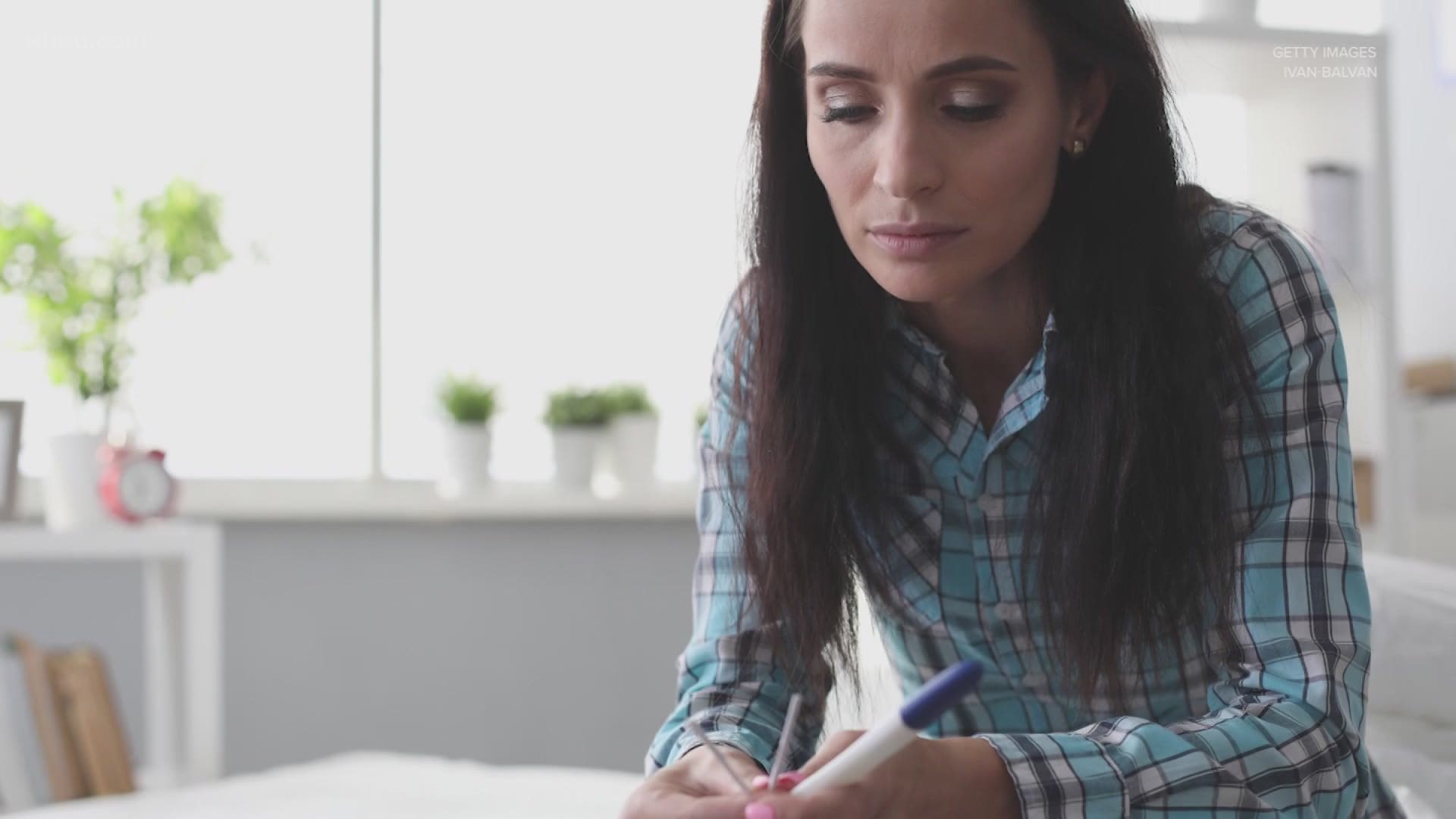HOUSTON — Denise Ramos, a psychotherapist with UT Physicians, says her patients are feeling the brunt of this pandemic.
“There’s definitely a lot of increase in anxiety and depression," she said.
Ramos said whether someone has lost their job or is now forced to work from home, the stresses of a “new normal” are taking a toll.
And for many parents, who are homeschooling their children, the situation has become overwhelming.
“This is something we were not prepared for,” Ramos said.
So how do you cope?
The first step, Ramos said, is acceptance.
“We need to learn to adapt find ways to be more mindful of what’s happening around us and control what we can," she said.
Ramos suggests meditation or music to help keep anxiety at bay. Rearranging your home, so everyone feels like they have their own space to work and play, can also help.
But if making small changes isn’t enough, Ramos urges people to seek professional help.
“If you’re not getting out of bed, if you are not taking care of basic necessities – like going grocery shopping – or paying attention to loved ones, those are signs of depression," she said.
Ramos said tele-therapy has helped people get help – fast: therapists are able to treat patients almost immediately.
If you would like to contact the clinic, go to www.UTPhysicians.com.
Coronavirus symptoms
The symptoms of coronavirus can be similar to the flu or a bad cold. Symptoms include a fever, cough and shortness of breath, according to the Centers for Disease Control. Some patients also have nausea, body aches, headaches and stomach issues. Losing your sense of taste and/or smell can also be an early warning sign.
Most healthy people will have mild symptoms. A study of more than 72,000 patients by the Centers for Disease Control in China showed 80 percent of the cases there were mild.
But infections can cause pneumonia, severe acute respiratory syndrome, kidney failure and even death, according to the World Health Organization. Older people with underlying health conditions are most at risk for becoming seriously ill. However, U.S. experts are seeing a significant number of younger people being hospitalized, including some in ICU.
The CDC believes symptoms may appear anywhere from two to 14 days after being exposed.
Human coronaviruses are usually spread through...
- The air by coughing or sneezing
- Close personal contact, such as touching or shaking hands
- Touching an object or surface with the virus on it, then touching your mouth, nose or eyes before washing your hands.
Help stop the spread of coronavirus
- Stay home when you are sick.
- Eat and sleep separately from your family members
- Use different utensils and dishes
- Cover your cough or sneeze with your arm, not your hand.
- If you use a tissue, throw it in the trash.
- Follow social distancing
Lower your risk
- Wash your hands often with soap and water for at least 20 seconds. If soap and water are not available, use an alcohol-based hand sanitizer.
- Avoid touching your eyes, nose, and mouth with unwashed hands.
- Avoid close contact with people who are sick.
- Clean and disinfect frequently touched objects and surfaces.
- If you are 60 or over and have an underlying health condition such as cardiovascular disease, diabetes or respiratory illnesses like asthma or COPD, the World Health Organization advises you to try to avoid crowds or places where you might interact with people who are sick.
Get complete coverage of the coronavirus by texting 'FACTS' to 713-526-1111.

